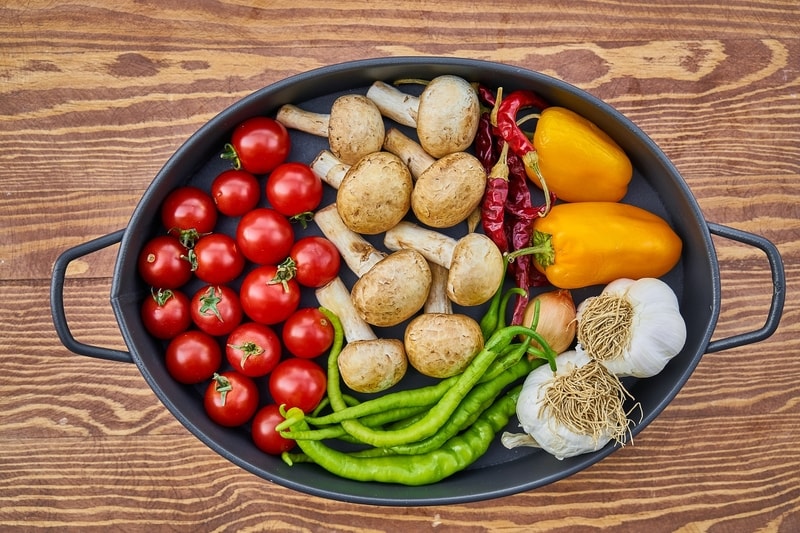Many studies have found a link between what we eat and high blood pressure, which is one of the ten major modifiable risk factors for stroke. In other words, something you can easily control yourself could reduce your own personal risk of developing health problems.
Diets that contain too much salt, fat and cholesterol, with less than the ideal amount of potassium, are heavily associated with elevated blood pressure and should be kept to a minimum (1). Here are some ways to keep your heart and brain healthy:
Eat more fruit and vegetables
It’s well known that regularly eating fruit and vegetables is good for your health. But the latest information suggests that only 8% of children (aged 11 to 18 years), 27% of adults (19 to 64 years) and 35% of those aged 65 and over actually achieve the five-a-day recommendation (2). Yet, that is the amount required to reduce the chance of high blood pressure, which could lead to stroke. The D.A.S.H. diet (Dietary Approaches to Stop Hypertension) recommends an intake of over 4.5 servings of fruit and vegetables daily (3).
Consume foods that are low in salt and high in potassium
We’re all guilty of adding salt to our meals and there’s plenty more already hidden in the foods we eat. Salt is known to cause high blood pressure, but potassium can lessen its effect. Which means eating more of this important nutrient could help to reduce the risk of stroke (4). In short, eating more bananas and fewer crisps could have long-term health benefits.
Reduce your overall calorie intake
The risk of stroke, the second major cause of morbidity and mortality worldwide, can be reduced by making changes to your diet and lifestyle (4). Lowering the total amount of calories you consume, while not reducing nutritional content, could help protect from stroke by preserving a healthy cardiovascular system, reducing body fat and lowering blood pressure and cholesterol, which are all risk factors for stroke (5).
Switch to vegetable sources of protein
Although some studies show following a vegetarian diet may result in some nutritional deficiencies, eating largely fruit and vegetables can effectively protect against high blood pressure and reduce the risk of heart disease, stroke and blocked arteries (6). As red and processed meats have been associated with an increase in stroke risk, switching some of your meat-based meals to vegetarian alternatives could be good for your health (7).
References
- https://www.cdc.gov/stroke/behavior.htm.Centers for Disease Control and Prevention. Stroke Behaviours. 2021.
- Belinda Mortell. British Dietic Association. The Association of UK Dieticians. Are we achieving 5-a-day? 13 Aug 2019.
- Stacey Colino. DASH diet for High Blood Pressure. Expert reviewed Jackie Newgent, R.D.N. Forbes Health. August 10, 2021.
- https://www.who.int/news-room/fact-sheets/detail/healthy-diet.
- J. David Spence. Nutrition and risk of stroke. Published online 2019 Mar 17. doi:10.3390/nu11030647.
- Megu Y. Baden et al. Quality of Plant-Based Diet and Risk of Total, Ischemic and Hemorrhagic Stroke. Neurology. First published March 10, 2021. DOI: https://doi.org/10.1212/WNL.0000000000011713.
- Kim K, Hyeon J, Lee SA, Kwon SO, Lee H, Keum N, Lee JK, Park SM. Role of Total, Red, Processed, and White Meat Consumption in Stroke Incidence and Mortality: A Systematic Review and Meta-Analysis of Prospective Cohort Studies. J Am Heart Assoc. 2017; e005983. DOI: 10.1161/JAHA.117.005983.
Updated February 2022
Next review 2024















